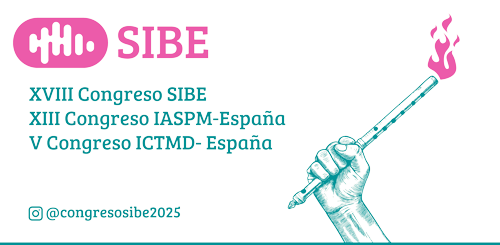The special issue “Experimental Approaches in Portuguese Music Theatre'' from Contemporary Music Review, Volume 42, Issue 2 (published on 28 November 2023), for which I collaborated as guest editor, is an important result of my scientific production. It is dedicated to the narratives of Portuguese music theatre, a performative genre that emerged in Portugal after the Carnation Revolution (25 April 1974), following a long period of dictatorship and social conflict, and aims to fill a gap that has long been identified and resulted from the lack of representation of it in European musical circles. This special issue includes seven articles and an interview echoing an in-depth understanding of Portuguese music theatre [PMT], enabling composers, performers, and music students to solidify the fundamental concepts of this genre and create new performances, productions, and pedagogical challenges, based on collaborative practices. Contextualising the rise of music theatre in Portugal requires detailing the role of the Calouste Gulbenkian Foundation as a major driver of the creative activities of many composers, especially through the Foundation's promotion of events, such as the Gulbenkian Contemporary Music Meetings (1977–2002) and the ACARTE Encounters (1987–2002), both crucial to disseminating contemporary music in Portugal. The Carnation Revolution had a huge impact on composer's desire to break away from the barriers and conventions of the canonical repertoire, driven by a thirst for freedom. However, over time, there was a sharp decline in the funding available for national music productions. The articles in this issue result from extensive research on the characteristics and approaches of PMT. Collectively, they provide us with a historical, political, and sociocultural contextualisation of contemporary Portuguese music since the mid-1970s. Thus, in this book presentation, I propose to reflect on the impact of the Carnation Revolution on music theatre productions after a long period of conflict.
- Poster

 PDF version
PDF version

